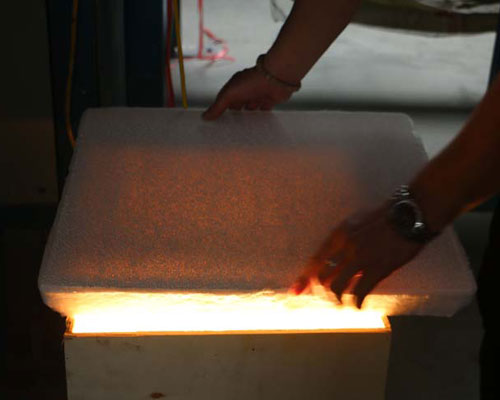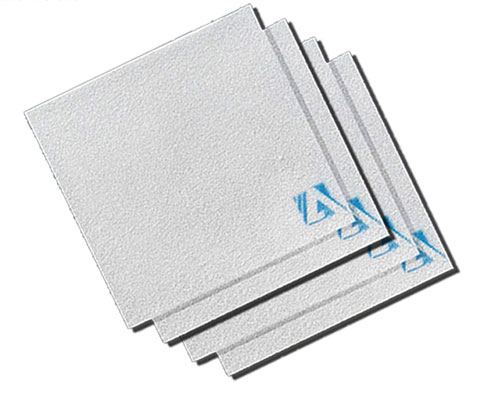Ceramic foam filters (CFFs) molten metal filtration have been used in the foundry industry for commercial purposes, and are used in the aerospace industry to produce high-quality aluminum castings for such products for more than four decades. In recent years, more and more CFFs are used in the non-ferrous metal and non-ferrous metal industry, and the non-ferrous metal industry, which is very important in the physical purification of metals, is the most used filter medium, especially the aluminum foundry industry.
Porous ceramics are now widely used as materials for fluid filtration in high temperature applications. It is well known that CFFs can remove exogenous and native inclusions in the melt based on their structural characteristics, and have low flow resistance and high filtration efficiency exceeding 10-20 microns.
The structure of CFF creates a unique tortuous path for fluid flow, which traps inclusions and allows clean, smooth-flowing metal to enter the cavity. CFF is generally regarded as the best cast filter. Their main advantages are: high filtration efficiency, reduced turbulence, refractoriness, and corrosion resistance for the most demanding casting applications.
For ceramic foam, its good heat resistance and high porosity characteristics have led to its use as a filter for purifying molten metal. Ceramic foam is also used for catalytic combustion, burner enhancer, soot filter for diesel exhaust, catalyst carrier, and biomedical equipment.

Ceramic Foam Filters (CFFs) Molten Metal Filtration
- Ceramic foam has high mechanical strength, chemical stability, high thermal shock resistance and liquid metal flow shock resistance even in high temperature environments.
- Reduce the gas and inclusions contained in the casting, reduce the turbulence of the molten metal when filling the mold.
- Reduce surface defects in castings and significantly reduce the rejection rate of castings.
- Increase the compression and sealing of the casting, increase the elongation and tensile strength of the casting, improve the surface finish of the casting, increase the fluidity of the molten metal, and increase the filling capacity and feeding capacity of the melt.
- There is no slag or broken during processing to ensure the quality of molten metal and stable chemical composition.
- With large and stable metal flow, even if the molten metal contains high inclusions, it will not block the ceramic foam filter.
- It has high dimensional accuracy and can be automatically placed on the production line.

